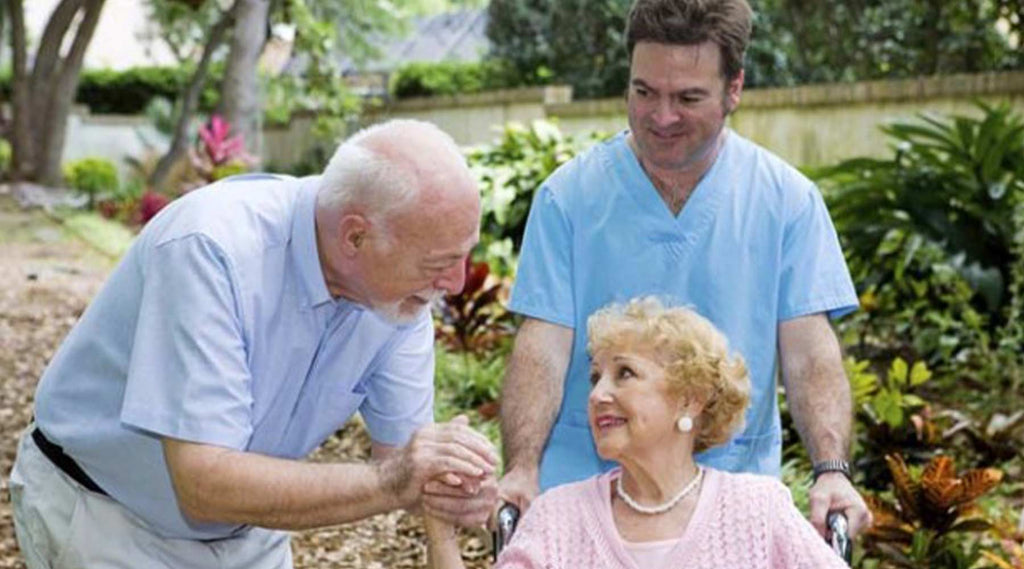
In 2011 a research project called Care and Construction was started in Nova Scotia, spearheaded by the Mount Saint Vincent Centre on Aging. The purpose of the project was to assess and identify factors that affect resident quality of life in different nursing home models of care, with the ultimate goal of disseminating that knowledge to improve care.
Over the course of the next three years, the group collected information from residents, staff and family members, using surveys, interviews, observations and focus groups, then analysed that information. The results of this extensive research showed that the factors that most affect resident quality of life are:
- Friendly, open, and respectful relationships among residents, staff, and family and that relationship should be two way. The resident wants to feel that they are contributing.
- A sense of warmth and "homelikeness" within the nursing home.
- Staff who know what is expected, learn and use many skills, and where supervisors demonstrate transformational leadership.
The components that residents, family and staff all found most important in assessing quality of life were found to be:
- Care and Support: Residents have privacy and safety when receiving care, receive service when needed, are treated with dignity and respect, and are supported to live the way they want.
- Autonomy: Residents have the privacy they want, decide when to do things and how to spend their time, and have control over who is in their room.
- Activities: Residents have enjoyable activities to take part in and that keep them mentally active.
- Food: Residents enjoy mealtimes and have variety in their meals.
We believe that these findings are very important and by using techniques that incorporate them, resident quality of life can be improved and that is what we are all striving to do. There's a very good fit between these findings and the Montessori methods and implementation process that we teach.
The Montessori principles of Independence, Choice, Familiar Materials and Meaningful all directly relate to these goals. Our DementiAbility Methods course, together with our Implementing Montessori workshops teach how to apply these principles (and others) to treat each memory care resident as an individual, offer them meaningful activities and roles while encouraging them to have as much independence and choice in what they do as possible. If these goals are met, then we have come a long way towards improving quality of life in care as described by this study.
Contact us to find out more about our workshops and how we can help you to use Montessori methods to improve quality of life while caring for dementia patients in the nursing home.
CARE AND CONSTRUCTION DOCUMENTS
More information can be found at the Care and Construction website.




